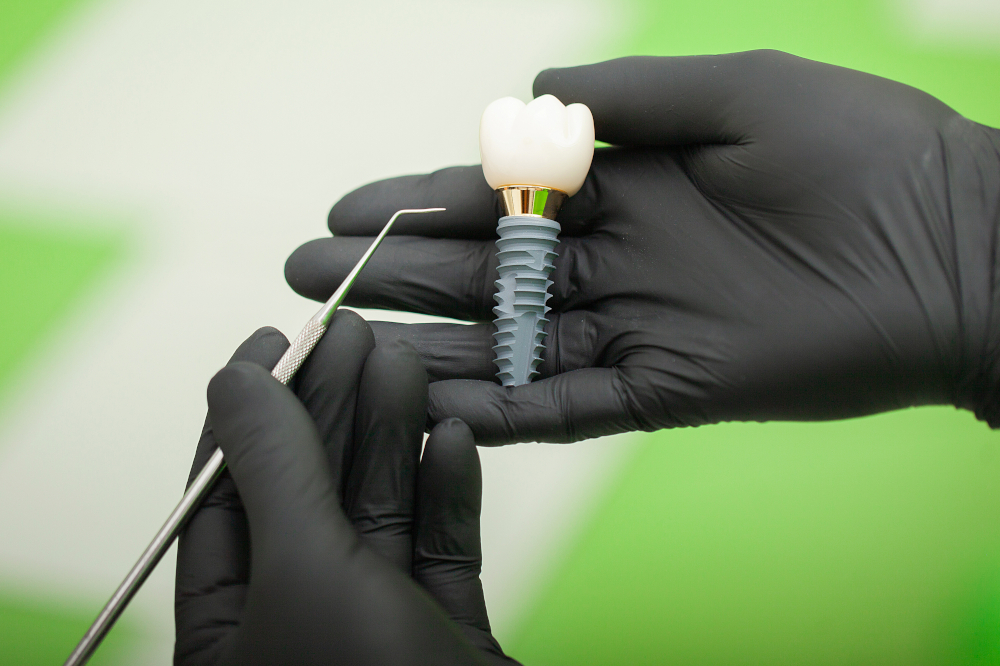Sciota, Pennsylvania
Gum disease is a progressive condition that affects millions of adults nationwide and around the world. If left untreated, gum disease can cause gum inflammation, and jawbone deterioration as it works deeper into the tooth’s socket and eventually causes total tooth loss. Other dental diseases like cavities are caused by the same oral bacteria that is responsible for gum disease. These issues may seem so prevalent that you may wonder whether having bad teeth is genetic, especially if others in your family have similar dental issues as you. So today on the blog, our Sciota family dentists at Quiet Valley Dental answer the pressing question, are bad teeth genetic?
The Root Cause of Dental Disease
The root cause of dental disease is bacteria overgrowth. Everyone has oral bacteria. Some bacteria are good, and some are bad. Bad bacteria cause dental disease. The harmful bacteria that thrive on foods we eat like carbohydrates and sweets is known as Streptococcus mutans. This bacterium consumes the byproducts of carbs and sugar, and secret lactic acid that causes gum inflammation and tooth decay. And if you don’t floss daily or brush your teeth consistently or at least twice a day, your risk of developing dental disease increases. Consistent oral hygiene and dental cleanings twice a year is usually enough for most individuals to maintain good oral health and prevent gum disease and cavities.
Additionally, oral bacteria are transmittable to others through kissing or sharing eating utensils and drinks. Therefore, if you and your family members have similar oral health problems, it is likely due to partners kissing or from eating and drinking after one another. Therefore, bad teeth aren’t always genetic, even though bad teeth can seem to run in families.
Recognizing the Symptoms
At Quiet Valley Dental, our family dentists in East Stroudsburg explain that dental disease can sneak up on you, beginning with gum irritation, bleeding gums when brushing your teeth, and mild gum recession. Many individuals may not recognize this early warning sign of gum disease. But you should talk to your dentist if you experience any of these early symptoms. Additionally, cavities can be difficult to detect initially, and may not be painful until the decay reaches the tooth’s interior pulp or nerve chamber. At that point, the tooth could be half rotten or worse, need an extraction. Therefore, routine dental checkups are essential at catching issues like cavities and gum disease before they turn into irreversible damage.
Family Dentists in Sciota and East Stroudsburg, PA
Most cases of dental disease are preventable, although certain health conditions and hormonal imbalances make it difficult to maintain healthy teeth and gums. In either case, see your dentist twice a year, or more if you are prone to cavities and gum disease, to keep your oral health in check and your smile healthy for the long haul. While certain dental issues can be hereditary, most aren’t. But if you’re concerned about your oral health or want to schedule a consultation, contact Quiet Valley Dental at (570) 992-7040.






